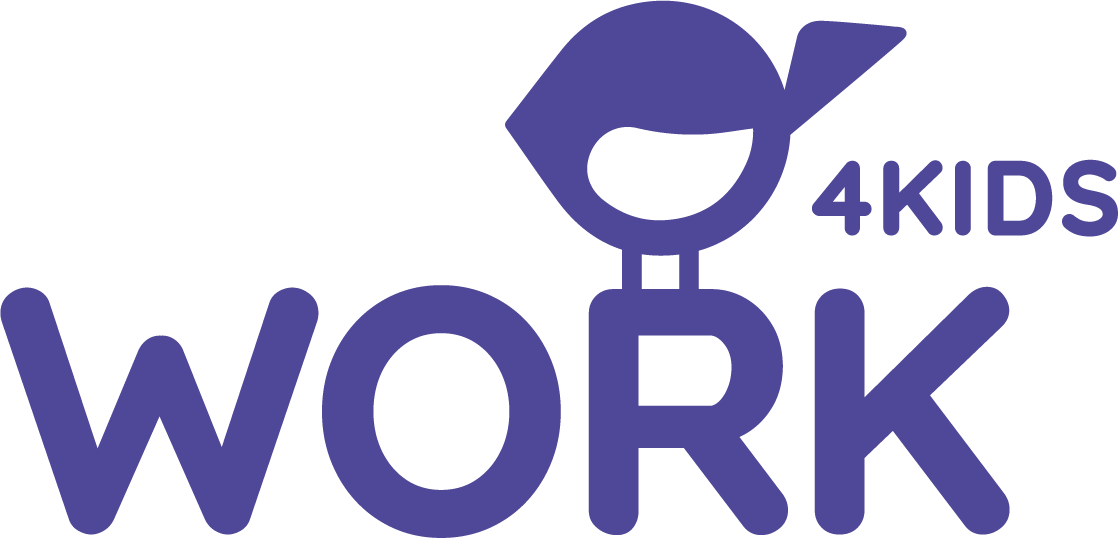Introduction/specifics
Our two-storey AWO day care center "Baumhaus" in Roßtal was opened in January 2018 and is located right next to the middle school, at Wilhelm-Löhe-Straße 13. The central location, bordering on the southern residential areas, offers a very good connection, as well as a number of walking and excursion possibilities. Our day-care center offers two kindergarten groups on the upper floor for children from 3 years to school entry and two crèche groups for children from 0-3 years on the ground floor. All children are welcome to us - regardless of skin color, national, social or religious affiliation. We do not exclude children and are open to their special needs. We are a family-complementing, integrative working institution with the aim of promoting the children holistically in all areas that are explained in the Bavarian education and upbringing plan. We work according to the situation-oriented approach. The biographies and living conditions of the children - not the adult's point of view - are the starting point of the early childhood education work. At the same time, topics, questions and projects are taken up that are important for the group stand. The concept of cross-group work is also important to us. Many offers, projects and events are designed so that children from different groups can participate. We work integratively. This means that both children with and without disabilities are cared for together in a group. Differences should be accepted and tolerated as normal from the start. It should be a matter of course to help and support one another. During the free play time, all of the KiTa rooms are available to the kindergarten children, such as a visit to the other groups, lots of exercise in the gym, games in the various function rooms, etc.



